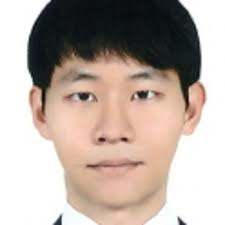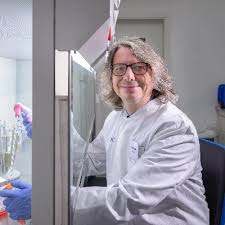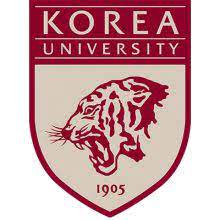Day 1 :
- Glycochemistry
Session Introduction
Sang-Il Han
Korea University, Korea
Title: Effect of Pseudoalteromonas sp. MEBiC 03485 on Biomass Production and Sulfated Extracellular Polysaccharide Biosynthesis of Porphyridium cruentum UTEX 161

Biography:
Sang-Il Han is a PhD student at Korea University. He is mainly studying the industrial use of microalgae and their secondary metabolites. He has published 9 papers in SCI(E) journals and KCI journals
Abstract:
Porphyridium cruentum is an industrially valuable red microalga (Rhodophyta) that can produce rich amounts of sulfated extracellular polysaccharides (S-EPS). However, the industrial application of the P. cruentum is limited, and it is mostly hindered by low yield that does not meet the demand for commercial production. Therefore, we attempted to develop a novel strategy based on microbial interactions to enhance P. cruentum EPS production and biomass. In this study, the effect of co-culturing Pseudoalteromonas sp. MEBiC 03485 with P. cruentum UTEX 161 were examined. Pseudoalteromonas sp. enhanced the growth of P. cruentum and the productivity and biological activities of S-EPS. The biological activities of S-EPS extracts from the P. cruentum culture treated with Pseudoalteromonas sp. were higher than the negative control. These results were due to the compounds secreted from Pseudoalteromonas sp., which stimulated the production of phycoerythrin and phycocyanin, thus eventually increasing the growth of P. cruentum as well as the productivity and the sulfur content of the S-EPS. Our results suggest a novel approach for potentially enhancing the growth of P. cruentum and the productivity and bioactivities of the S-EPS by co-culturing with the symbiotic bacterium Pseudoalteromonas sp. MEBiC 03485.
Zeynep Dilek HEPERKAN
Istanbul Aydın University, Turkey
Title: Producing dextran from Weissella confusa on solid media and examining the fate of Weissella confusa during fermentation
Biography:
Abstract:
Martin Götte
University of Munster, Germany
Title: The heparan sulfate proteoglycan Syndecan-1 and heparanase are novel regulators of cancer stem cell function and therapeutic resistance



